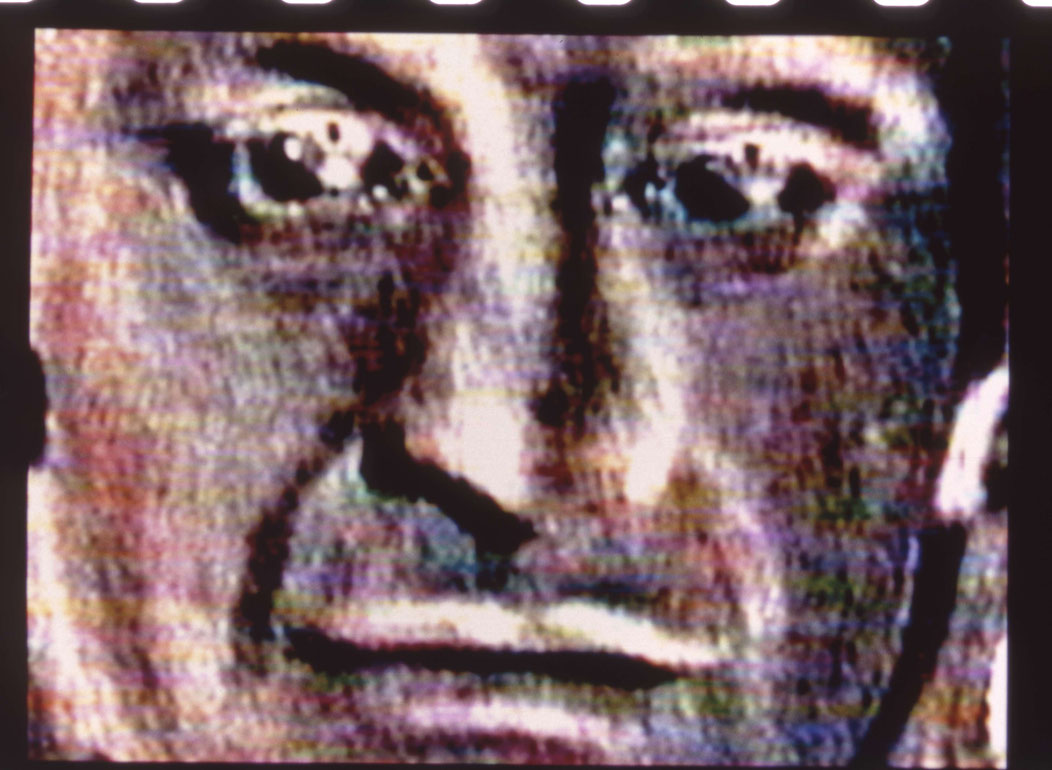Rutt Deen
India: a Hindu woman buys a bowl of tea from a street-vendor; she squats down and drinks; a beggar girl approaches in small, hesitant steps until the woman hans her the rest of her drink. The camera pans to the sky to catch a plane in take-off, engines howling.
Arrival at Vienna-Schwechat airport. A photographer returns from a trip on which he has taken photographs for a book on "The English in India". But this is something the audience does not learn until later. First, we witness the painstaking record of his arrival, from arrival lounge to passport control, baggage claim to taxi rank and the long journey to the city of Vienna by taxi. Accuracy of observation makes even the moost minute detail seem strange, as if one had to recall everything anew to be able to understand. The narrator´s voice which creates this stream of images and makes it work, increasingly fails to keep step with the overflow of pictures defying the order and security of the realm of thought. The more orderly the world the photographer returns to, the more the narrator´s world gets out of sync, and images drift into the asynchronicity of that which is incompatible. It only takes "Rutt Deen" a few minutes to affect our perception through jet-lag atmosphere.
The gap between the continents might be compared to the differnce between waking and dreaming, day and night, but then again, there is reality in the images constantly recurring in memory. India: hyper-reality compared to the conveniences of the first world, the world we are familiar with. Even when the maid at the hotel asks whether she can do anything further, the question can no longer be considered innocent in the tough montage of this social continental drift. The photographers persona is Hans Scheugl´s interface where the two worlds Vienna and Calcutta collide and make him a stranger.
The encounter of the sexes, too, is interwoven in the texture of the film; is also spells difference, distance, no matter how close you get. I know so little of you when youre away., says the returning mans girl-friend. He is evasive, indicating that the first photographs have been developed and are waiting at the hotel. He cannot express in language what the images in his recollection speak of. The gap between the two worlds is so wide that language which could have served as a mediator got lost in it.
As if he wanted to really come back to his home country the photographer sets out on a walk through Vienna. It is an attempt to gain a foodhold in the still of the night and the illuminated beauty of the city. He fails. He gets lost in the streets like a stranger. Back in front of the Bellevue Hotel, he finds that it has come to be replaced by the image of the Ruttt Deen Hotel: it means Night day two poles contingent on and incompatible with each other, even if the Rutt Deen is decorated for one of Indias splendid wedding celebrations. Its splendour will not be able to light up the night but briefly.
(Peter Tscherkassky)
Rutt Deen
1993
Austria
60 min

